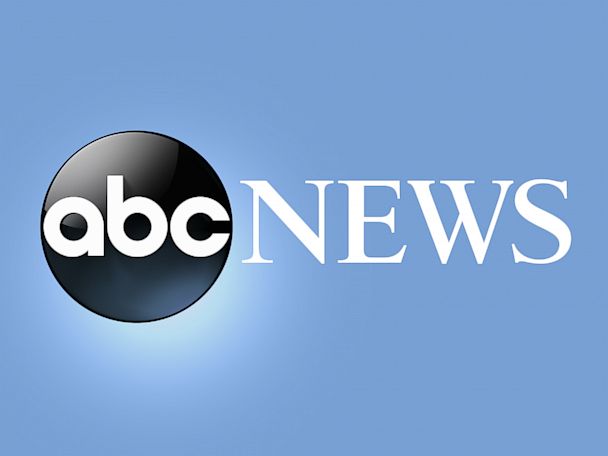





Senators pressed top officials from Facebook, Google and Twitter for answers Tuesday about the steps the social media companies have taken to address Russian use of social media to influence the 2016 U.S. presidential election.
“This is the national security challenge of the 21st century,” said Sen. Lindsey Graham, R-S.C., who led the Senate Judiciary Committee’s hearing.
Representatives for all three companies slammed Russian use of the platforms and pledged to continue working to combat the continuing threat, highlighting policy changes made since the 2016 election.
“We take what happened on Facebook very seriously. The foreign interference that we saw was reprehensible,” said Facebook’s general counsel Colin Stretch, who told the committee that Facebook plans to add 10,000 employees to its security team by 2018.
Facebook revealed the scale of the Russian campaign in advance testimony Monday, saying that Russian-linked content may have reached as many as 126 million Americans on the platform during the 2016 U.S. presidential election.
In September, Facebook revealed that it had sold more than $100,000 in political ads to the Internet Research Agency, a “troll farm” in St. Petersburg, Russia, which produced roughly 3,000 political ads.
Senate Judiciary Committee Chairman Chuck Grassley, R-Iowa, said that his staff reviewed the 3,000 Facebook ads, and said the ads “do not support a specific candidate, either Republican or Democrat,” and were meant to sow division and discord over social issues.
“These ads are clearly intended to worsen racial tensions and possibly violence in those cities. It might be true that these ads were intended to influence elections but it’s important to be clear that the nature of the ads,” he said.
Facebook’s Stretch said 90 percent of the ads were issue based, leaving 10 percent on specific candidates. Additionally 75 percent of the ads targeted the U.S. as a whole, and 25 percent targeted specific states.
Ahead of Tuesday’s hearing, Twitter said it uncovered 2,752 accounts linked to the Internet Research Agency — more than 10 times the number first disclosed to Congress.
Google identified two accounts linked to the Russian troll farm that spent $4,700 on ads on Google platforms, and 18 Youtube channels linked to the Russian campaign.
On Tuesday, senators displayed examples of some of the Russian ads and content Facebook and Twitter have turned over to congressional committees in recent weeks.
Sen. Chris Coons, D-Delaware, displayed an ad from the group called “Heart of Texas” that criticized Hillary Clinton’s support of veterans, and called for “the American army” to “be withdrawn from Hillary’s control” if she became president. Another ad was for a “Miners for Trump” event in Pennsylvania.
“Senator, that advertisement has no place on Facebook,” Stretch said. “It’s upsetting, it makes me angry.”
Sen. Richard Blumenthal, D-Conn., displayed a fake tweet that urged Twitter users to vote from home, and said it raised questions about potential voter suppression.
At several points, the senators grew frustrated with the witnesses.
Sen. Al Franken, D-Minnesota, pressed Facebook on why the company hadn’t picked up earlier that Russians were buying political ads with “rubles.”
“It’s a signal we should have been alert to,” Stretch said.
Sen. John Kennedy, R-Louisiana, pushed Facebook to admit that it doesn’t know all of its advertisers.
“I want to run some ads and let’s go through four shell corporations because I want to hide my identity, you’re telling me you have the ability to … trace through all of these corporations and find the true identity of every one of your advertisers?” he asked.
“To your question about seeing essentially behind the platform to understand if there are shell corporations, of course the answer is no. We cannot see behind the activity,” Stretch replied.
Google, Twitter and Facebook’s representatives wouldn’t commit to supporting Sen. Amy Klobuchar‘s bipartisan legislation with Sens. Mark Warner, D-Virginia, and John McCain, R-Arizona, to toughen disclosure rules for internet political ads.
“We certainly support the goals of the legislation,” Google’s Richard Salgado told lawmakers, while stopping short of endorsing it.
Warner and Klobuchar sat down with ABC News’ Mary Bruce Tuesday and created their own fake political ads on Facebook, to show how easy it is without new regulations.
“We are showing that despite these upgrades, it is still going on,” Klobuchar said.
“Americans need to know the source of the political ads, whether it’s American or foreign, we ought to be able to go look at the content that’s being used for and against candidates,” Warner said. “This really goes to the heart of protecting our democracy.”

